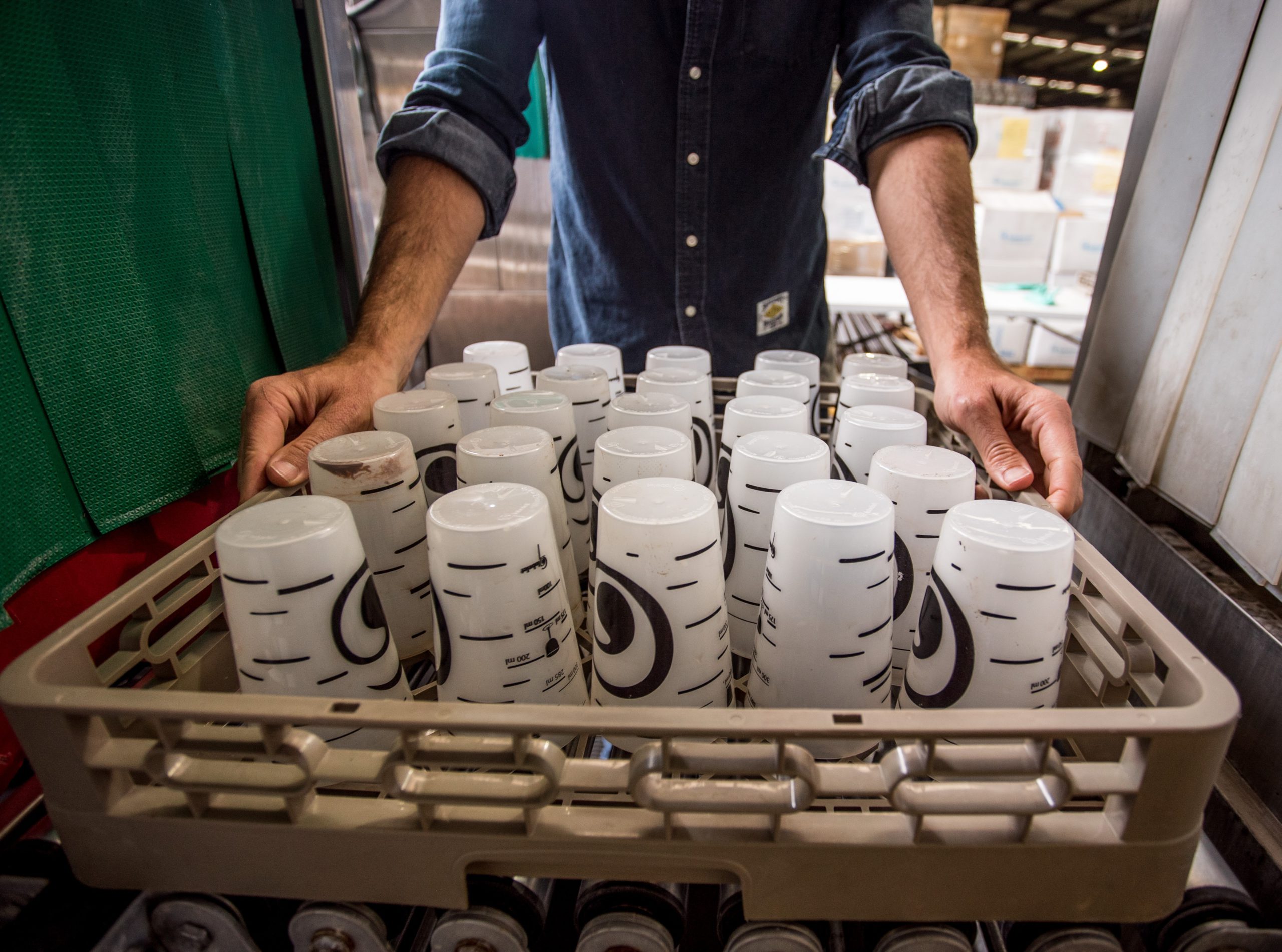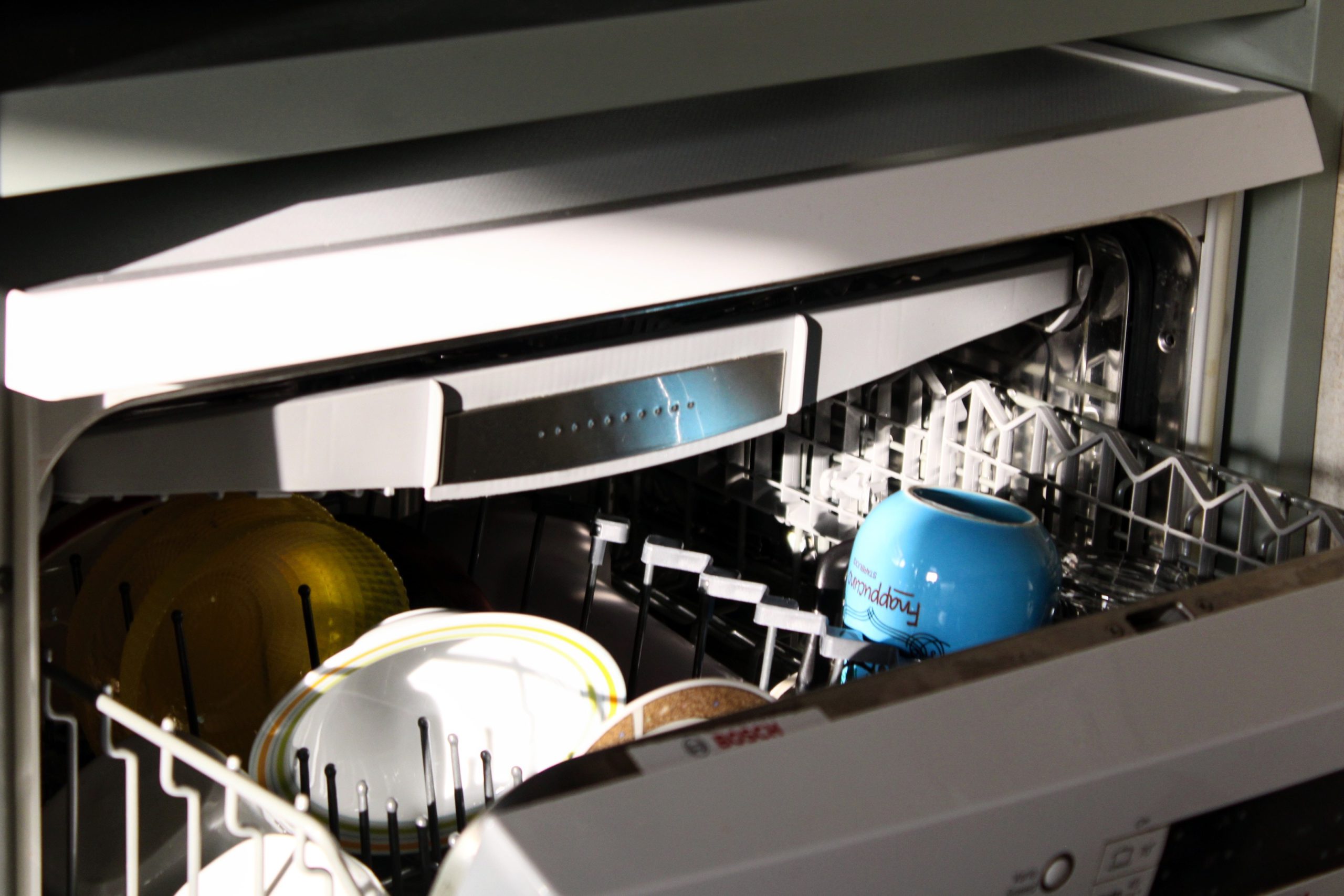Ladle of Contents
Key Takeaways:
– Bamboo utensils are sustainable and require hand washing and occasional oiling.
– Wooden utensils are classic, germ-resistant, and environmentally friendly, but they stain easily and require regular oiling.
– Silicone utensils are affordable, heat resistant, and come in various colors, but they can be damaged by sharp objects and some may contain fillers.
– Metal utensils are durable, easy to clean, and dishwasher safe, but they can cause superficial scratches on stainless steel cookware.
The Advantages of Bamboo Utensils
Bamboo utensils have gained popularity in recent years due to their sustainability and eco-friendly nature. Bamboo is a fast-growing plant that does not require pesticides or fertilizers, making it an excellent choice for those concerned about the environment. Additionally, bamboo utensils are lightweight and have a natural resistance to bacteria, making them a hygienic option for cooking and serving food. However, it is important to note that bamboo utensils should be hand washed and occasionally oiled to maintain their quality and prevent them from drying out.
The Benefits of Wooden Utensils
Wooden utensils have been used for centuries and are known for their classic and timeless appeal. They are also naturally resistant to bacteria, making them a safe option for food preparation. Wooden utensils are gentle on cookware, preventing scratches and damage. However, they do require regular oiling to keep them in good condition and prevent them from absorbing odors and stains. It is also important to note that wooden utensils should not be soaked in water for extended periods as this can cause them to warp or crack.
The Versatility of Silicone Utensils
Silicone utensils have gained popularity in recent years due to their affordability, heat resistance, and versatility. They come in various colors and designs, allowing you to add a pop of color to your kitchen. Silicone utensils are heat resistant, making them suitable for use with non-stick cookware and high-temperature cooking. However, it is important to note that silicone utensils can be damaged by sharp objects, so it is best to avoid using them with knives or other sharp utensils. Additionally, some silicone utensils may contain fillers, so it is important to choose high-quality silicone utensils from reputable brands.
The Durability of Metal Utensils
Metal utensils, such as stainless steel, are known for their durability and ease of cleaning. They are dishwasher safe, making them convenient for everyday use. Metal utensils are also resistant to heat, allowing you to use them for high-temperature cooking without worrying about them melting or warping. However, it is important to note that metal utensils can cause superficial scratches on stainless steel cookware. While these scratches do not affect the performance of the cookware, they can be unsightly. With proper care and attention, it is possible to minimize scratches and keep your stainless steel cookware looking new.
Can I Use Metal Utensils on Stainless Steel Cookware?
Yes, you can use metal utensils on stainless steel cookware. Stainless steel is a durable material that can withstand the use of metal utensils without being damaged. However, it is important to note that metal utensils can cause superficial scratches on the surface of the cookware. These scratches are purely cosmetic and do not affect the performance or functionality of the cookware. If you prefer to keep your stainless steel cookware looking pristine, you may choose to use alternative utensils, such as bamboo, wooden, or silicone utensils.
How to Minimize Scratches on Stainless Steel Cookware
While it is difficult to completely avoid scratches on stainless steel cookware when using metal utensils, there are steps you can take to minimize them. Firstly, avoid using metal utensils with sharp edges or rough surfaces, as these are more likely to cause scratches. Instead, opt for metal utensils with smooth edges and rounded tips. Secondly, avoid using excessive force when stirring or flipping food with metal utensils. Gentle and controlled movements can help reduce the likelihood of scratches. Lastly, consider using silicone or wooden utensils for delicate tasks or when working with non-stick cookware, as these materials are less likely to cause scratches.
Tips for Choosing the Right Utensils for Your Cookware
When choosing utensils for your cookware, consider the material of both the utensils and the cookware. If you have stainless steel cookware and prefer to keep it scratch-free, consider using bamboo, wooden, or silicone utensils. These materials are gentle on the surface of the cookware and less likely to cause scratches. If you prefer the durability and ease of cleaning that metal utensils offer, be mindful of using them with non-stick or delicate cookware. In such cases, opt for silicone or wooden utensils to prevent damage. Ultimately, the choice of utensils depends on your personal preferences and the specific needs of your cookware.
Conclusion:
In conclusion, the choice of utensils for stainless steel cookware depends on personal preferences and the desired level of maintenance. Bamboo utensils are sustainable and require occasional oiling, while wooden utensils are classic and germ-resistant but require regular oiling. Silicone utensils are affordable and heat resistant but can be damaged by sharp objects. Metal utensils are durable and easy to clean but can cause superficial scratches on stainless steel cookware. By understanding the advantages and characteristics of each type of utensil, you can make an informed decision and ensure the longevity of your cookware.








